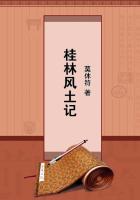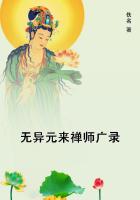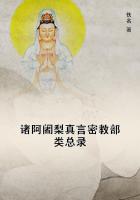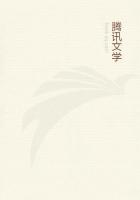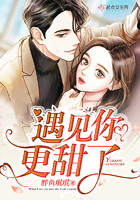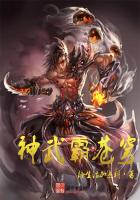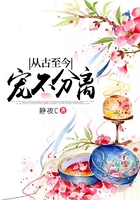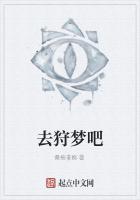This was the winter when my friend Piatt and I made our first literary venture together in those 'Poems of Two Friends;' which hardly passed the circle of our amity; and it was altogether a time of high literary exaltation with me. I walked the streets of the friendly little city by day and by night with my head so full of rhymes and poetic phrases that it seemed as if their buzzing might have been heard several yards away;
and I do not yet see quite how I contrived to keep their music out of my newspaper paragraphs. Out of the newspaper I could not keep it, and from time to time I broke into verse in its columns, to the great amusement of the leading editor, who knew me for a young man with a very sharp tooth for such self-betrayals in others. He wanted to print a burlesque review he wrote of the 'Poems of Two Friends' in our paper, but I would not suffer it. I must allow that it was very, funny, and that he was always a generous friend, whose wounds would have been as faithful as any that could have been dealt me then. He did not indeed care much for any poetry but that of Shakespeare and the 'Ingoldsby Legends;' and when one morning a State Senator came into the office with a volume of Tennyson, and began to read, "The poet in a golden clime was born, With golden stars above;
Dowered with the hate of hate, the scorn of scorn The love of love,"
he hitched his chair about, and started in on his leader for the day.
He might have been more patient if he had known that this State Senator was to be President Garfield. But who could know anything of the tragical history that was so soon to follow that winter of 1859-60?
Not I; at least I listened rapt by the poet and the reader, and it seemed to me as if the ****** and the reading of poetry were to go on forever, and that was to be all there was of it. To be sure I had my hard little journalistic misgivings that it was not quite the thing for a State Senator to come round reading Tennyson at ten o'clock in the morning, and I dare say I felt myself superior in my point of view, though I could not resist the charm of the verse. I myself did not bring Tennyson to the office at that time. I brought Thackeray, and I remember that one day when I had read half an hour or so in the 'Book of Snobs,' the leading editor said frankly, Well, now, he guessed we had had enough of that.
He apologized afterwards as if he were to blame, and not I, but I dare say I was a nuisance with my different literary passions, and must have made many of my acquaintances very tired of my favorite authors. I had some consciousness of the fact, but I could not help it.
I ought not to omit from the list of these favorites an author who was then beginning to have his greatest vogue, and who somehow just missed of being a very great one. We were all reading his jaunty, nervy, knowing books, and some of us were questioning whether we ought not to set him above Thackeray and Dickens and George Eliot, 'tulli quanti', so great was the effect that Charles Reade had with our generation. He was a man who stood at the parting of the ways between realism and romanticism, and if he had been somewhat more of a man he might have been the master of a great school of English realism; but, as it was, he remained content to use the materials of realism and produce the effect of romanticism. He saw that life itself infinitely outvalued anything that could be feigned about it, but its richness seemed to corrupt him, and he had not the clear, ethical conscience which forced George Eliot to be realistic when probably her artistic prepossessions were romantic.

